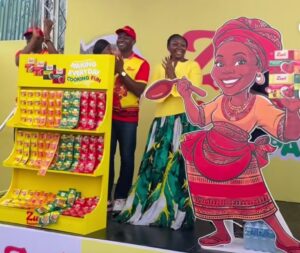Africa’s pricing strategy needs a fundamental reset. This is according to a groundbreaking report by Uchenna Uzo, Faculty and Academic Director at Lagos Business School; Mahmood Abdullahi Loke, Director at Accel360 Hub; and Ephraim Nwokporo, Manager of Research and Partnerships at the Africa Retail Academy, which revealed a widening gap between the pricing models businesses use and the realities of African consumer behavior.
Despite the global popularity of credit-based options like Buy Now Pay Later (BNPL), these models often fail in African markets. Why? Because they ignore cultural context, negotiation habits, and aspiration-driven decision-making.
The report shared a case study of Saleh, a 25-year-old graduate in Nairobi who was offered a BNPL smartphone deal requiring just 20% upfront, Saleh walked away, choosing to save and pay in full months later. His decision reflects a broader trend: African shoppers prize control and debt-free ownership over credit convenience.
the report highlights critical insights:
-
61% of shoppers have never used BNPL, while only 13% have tried it.
-
Affordability matters, but aspiration (45%) and reliability (35%) rank nearly as high.
-
80.9% of consumers abandon cheaper alternatives for premium brands like iPhone and Gucci, driven by identity and social status.
“Price in Africa is not just about affordability, it’s about meaning, aspiration, and trust,” the report said.
The research also underscored Africa’s entrenched negotiation culture. Over 57% of shoppers feel most in control when buying from open markets, compared to just 17.6% on e-commerce platforms. Digital channels that ignore this bargaining mindset risk losing trust.
Contrary to common assumptions, middle-income earners ($196–$326/month) are the most price-sensitive, while lower-income groups often prioritize trust and social connections over discounts.
The authors urge brands to replace generic pricing formulas with insight-driven models tailored to Africa’s cultural and economic realities. They recommend flipping BNPL into “Plan Now, Buy Later” (PNBL), allowing consumers to prepay for products rather than take on debt, aligning perfectly with the continent’s debt-averse culture.
“Africa’s informal and aspirational markets require pricing strategies that start with deep consumer insight, not assumptions,” said the report.
Companies that fail to adapt risk irrelevance. Those that integrate culture, timing, and behavioral insights into pricing strategies will lead the next wave of growth in Africa’s fast-evolving retail sector.








